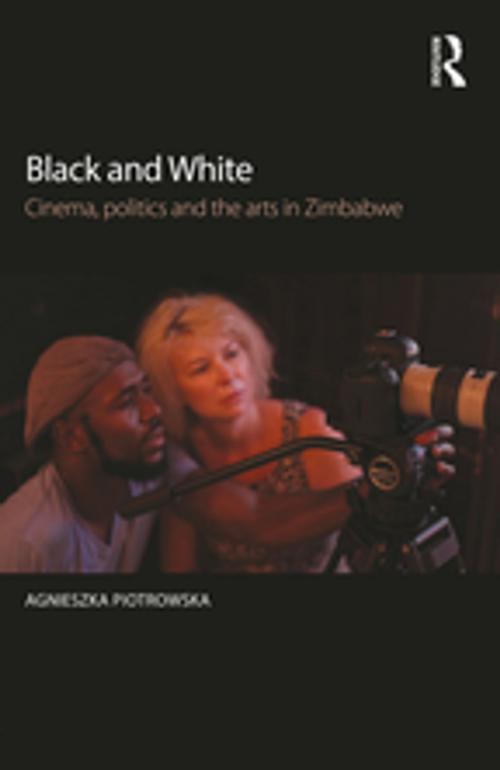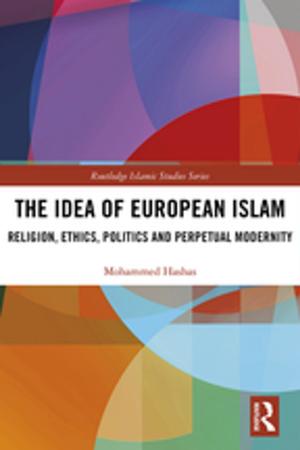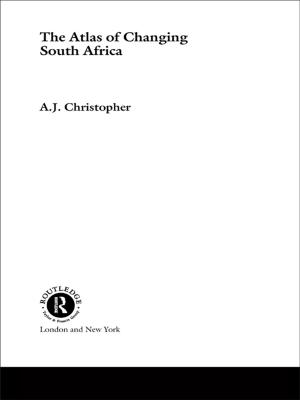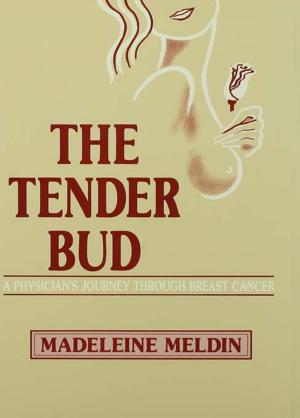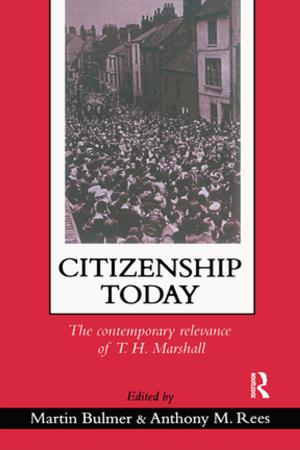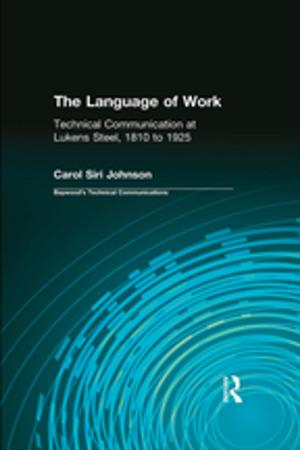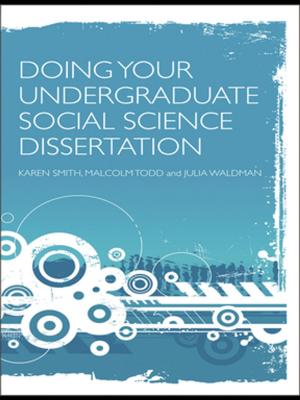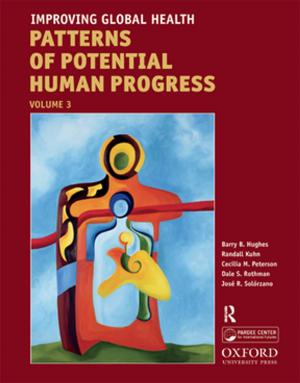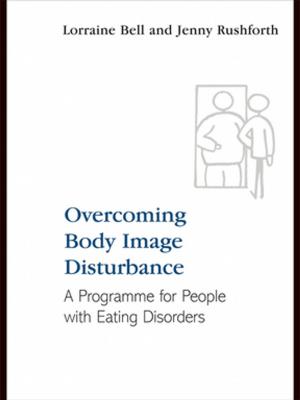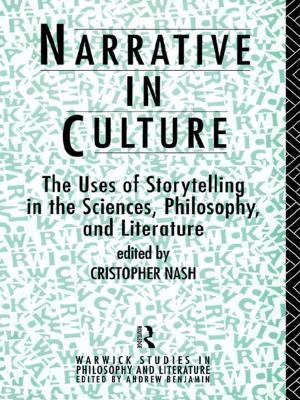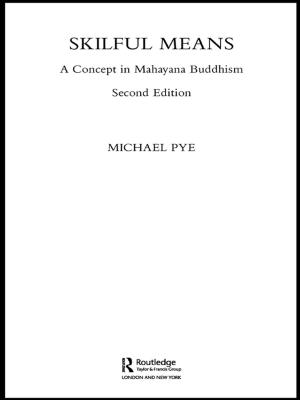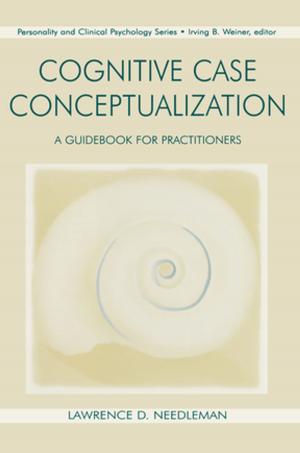Black and White
Cinema, politics and the arts in Zimbabwe
Nonfiction, Health & Well Being, Psychology, Psychoanalysis, Mental Health| Author: | Agnieszka Piotrowska | ISBN: | 9781317595403 |
| Publisher: | Taylor and Francis | Publication: | October 4, 2016 |
| Imprint: | Routledge | Language: | English |
| Author: | Agnieszka Piotrowska |
| ISBN: | 9781317595403 |
| Publisher: | Taylor and Francis |
| Publication: | October 4, 2016 |
| Imprint: | Routledge |
| Language: | English |
In Black and White Agnieszka Piotrowska presents a unique insight into the contemporary arts scene in Zimbabwe – an area that has received very limited coverage in research and the media. The book combines theory with literature, film, politics and culture and takes a psychosocial and psychoanalytic perspective to achieve a truly interdisciplinary analysis.
Piotrowska focuses in particular on the Harare International Festival of the Arts (HIFA) as well as the cinema, featuring the work of Rumbi Katedza and Joe Njagu. Her personal experience of time spent in Harare, working in collaborative relationships with Zimbabwean artists and filmmakers, informs the book throughout. It features examples of their creative work on the ground and examines the impact it has had on the community and the local media. Piotrowska uses her experiences to analyse concepts of trauma and post-colonialism in Zimbabwe and interrogates her position as a stranger there, questioning patriarchal notions of belonging and authority. Black and White also presents a different perspective on convergences in the work of Doris Lessing and iconic Zimbabwean writer Dambudzo Marechera, and how it might be relevant to contemporary race relations.
Black and White will be intriguing reading for psychoanalysts, psychotherapists and psychotherapeutically engaged scholars, film makers, academics and students of post-colonial studies, film studies, cultural studies, psychosocial studies and applied philosophy.
In Black and White Agnieszka Piotrowska presents a unique insight into the contemporary arts scene in Zimbabwe – an area that has received very limited coverage in research and the media. The book combines theory with literature, film, politics and culture and takes a psychosocial and psychoanalytic perspective to achieve a truly interdisciplinary analysis.
Piotrowska focuses in particular on the Harare International Festival of the Arts (HIFA) as well as the cinema, featuring the work of Rumbi Katedza and Joe Njagu. Her personal experience of time spent in Harare, working in collaborative relationships with Zimbabwean artists and filmmakers, informs the book throughout. It features examples of their creative work on the ground and examines the impact it has had on the community and the local media. Piotrowska uses her experiences to analyse concepts of trauma and post-colonialism in Zimbabwe and interrogates her position as a stranger there, questioning patriarchal notions of belonging and authority. Black and White also presents a different perspective on convergences in the work of Doris Lessing and iconic Zimbabwean writer Dambudzo Marechera, and how it might be relevant to contemporary race relations.
Black and White will be intriguing reading for psychoanalysts, psychotherapists and psychotherapeutically engaged scholars, film makers, academics and students of post-colonial studies, film studies, cultural studies, psychosocial studies and applied philosophy.
